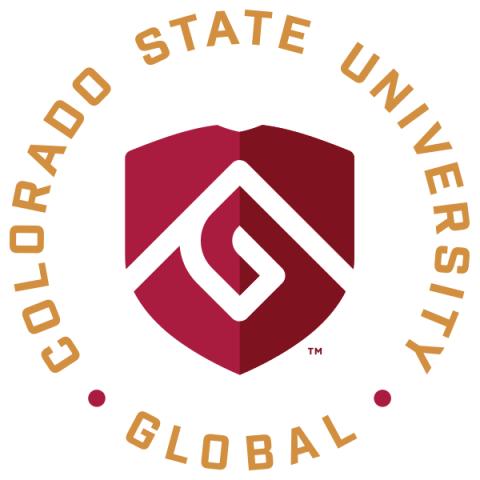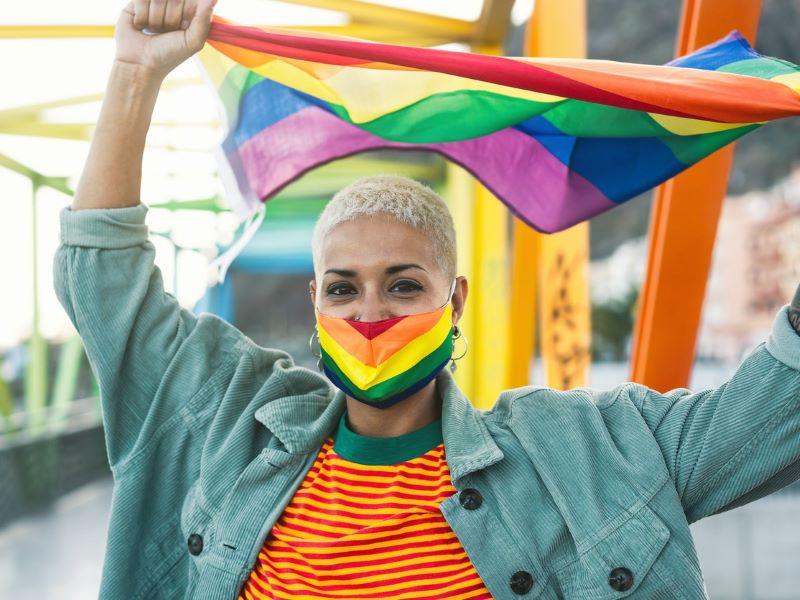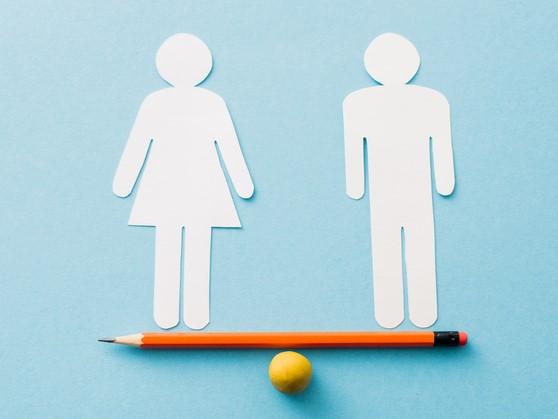
Embracing inclusivity with ‘y’all’: why this pronoun deserves a fresh look
For the past 21 years, I’ve been an online teacher working with students of all ages and backgrounds who operate in all time zones and contexts, from theatres of war (deployed students) to public laundry rooms in rural areas that offer free wi-fi, and everything in between.
When I started, I was a single mum who needed two things: a paying job and a way to work my schedule around watching my son grow up. Online teaching offered me both – and it didn’t offer a lot of rules or boundaries, either. As long as I graded and responded via the metrics provided by each institution that I taught at, everyone seemed happy and, most importantly, my thousands of students were happy and growing in positive ways.
It was a simple formula that I stay with today: be honest and talk to them like I talk to my closest friends. Most times, my students respond in kind. And when I do that, one word always outs me as a (United States) southerner: the collective second-person pronoun, “y’all”.
- The power of gender-sensitive mentoring
- Managing excluding behaviour and bigotry in the classroom
- Collective voices, zero tolerance
Recently, in an online meeting of my peers, a colleague challenged me on that word, saying it made me sound uneducated. Her words hurt my feelings, so I set out to see if this rudimentary part of my speech pattern is really sending a bad message.
First, I researched gender-inclusive language on several LGBTQ+ pages, where I found helpful lists of pronouns, none that included y’all, but also none that excluded it. But as this policy handout from OutandEqual.org demonstrates, y’all fits the bill for what it means to be gender inclusive. “You” is a gender-neutral pronoun in English, as our language is not gendered, and “all” is gender neutral, too, implying, by definition, that one, more or many genders may be present in the group.
Next, I tried to find out what the term is associated with linguistically and found that the modern-day use is, in fact, well-researched and on the rise. Many big media names, including the BBC, are touting this little contraction’s role in an international grassroots movement across English-speaking countries to adopt the gender-neutral pronoun in popular speech patterns today. Some called out Australians for using the term, coming across to critics as “posing” as Americans. Still, the BBC article shows us how y’all – which originated in a New World English parlance of settlers from Great Britain and African slaves – is meeting with modern-day praise for addressing groups without requiring specificity or gender identification.
But get this: scholars don’t really think it became a contraction the regular way – putting two words together, like when “cannot” becomes “can’t” or “do not” becomes “don’t” – because there’s no stress on the first word, “you”. Instead, the focus is on “all”.
Finally, there’s a lot of buzz about how this most recognisable facet of US southern dialect can be used outside the culture to ingratiate the speaker to outsiders, as the term seems to have a softening effect on the message.
Feeling pretty good about my use of y’all, I summoned the courage to ask my own students what they thought of my consistent reference to the classroom as a collective y’all.
The southerners didn’t understand the question. It was a given to them. Students from the US’ northern and mid-Atlantic states said that after watching my opening day video, they expected me to use southernisms, because they had heard my accent and felt that y’all was just part of how I spoke. Students identifying as residents of Texas and the Midwest, excluding Chicago, noted they often used the word themselves, with some Texans saying they even used it in the singular form – to refer to one person or thing. Those from out west seemed nonplussed on the term either way, saying they’d often wondered how it was spelled. Meanwhile, several non-native speakers of English noted that they’d heard the word in movies before they came to the US and were well aware of what it meant before they took my class.
In the end, over several sections of graduate and undergraduate composition, literature and philosophy courses, not one student had anything but positive feelings about the use of the gender-neutral contraction, y’all.
Perhaps what we can learn is that the use of the word y’all – or any regional expression of greeting for a group – should be read amid the tone, context and intent. Perhaps my experience and the research it inspired me to share serves as a reminder: if we are honest and curious as teachers we can live in a state of continuous improvement, as our accreditors and administrators want us to do.
If you teach in the English-speaking world, imagine addressing your own class as y’all. What would their reaction be? If you’re not a southerner, the word will probably stand out, maybe even create a cause for pause within the group. The word choice could thus be the perfect moment to talk about how pronouns reflect gender bias and/or neutrality. It could spark a conversation about alternatives to gendered addresses such as the male-privileging “you guys”, for example, or the cold, generic address of “Hello, class”.
And if y’all is not natural or appropriate for your setting, now is still the moment to ask: am I addressing my students in gender-neutral ways that reflect both sincerity and a welcoming tone?
If we can learn not to negate the agency of our academic peers to choose their own dialect and vernacular, our students will feel the collateral effects. When we greet our peers with tolerant curiosity we set the tone for the field, and that tone can cascade to those students we have educated ourselves to continue to elevate. So, welcome to the gender-inclusive, culturally inclusive group greeting of the US south. We’re so happy to have y’all. Promise.
Stone Meredith teaches college-level composition, literature and philosophy courses at Colorado State University Global. She is the founder of the Clever Chicas Project, a not-for-profit movement celebrating ordinary women doing extraordinary things.
If you found this interesting and want advice and insight from academics and university staff delivered direct to your inbox each week, sign up for the THE Campus newsletter.




